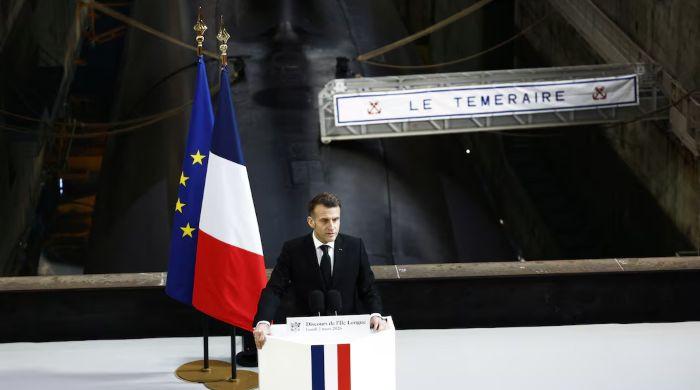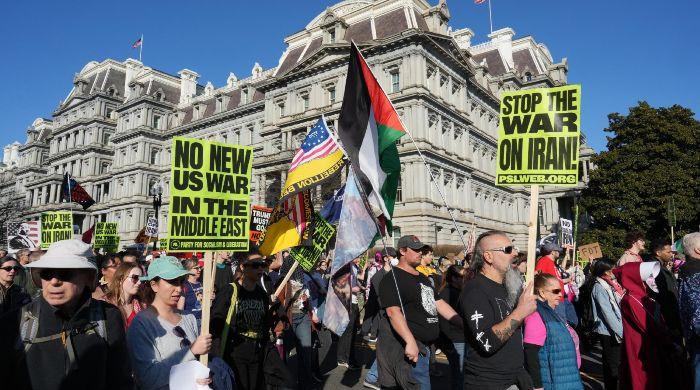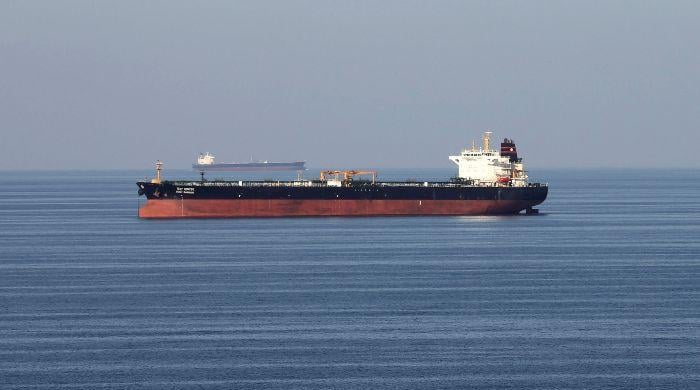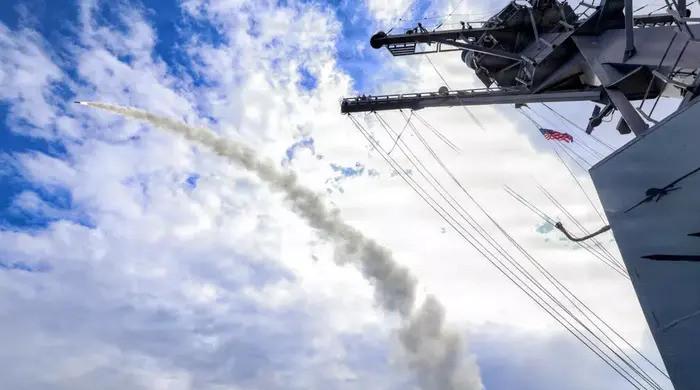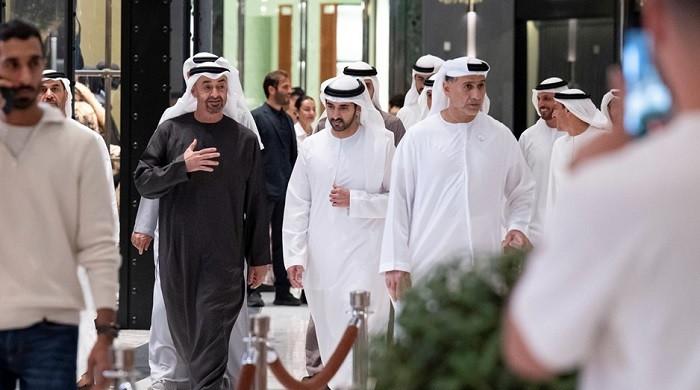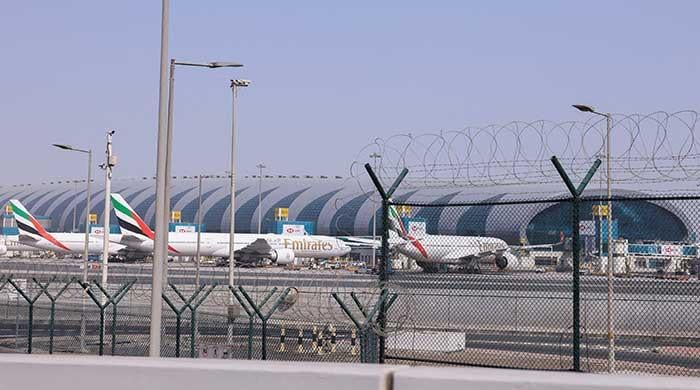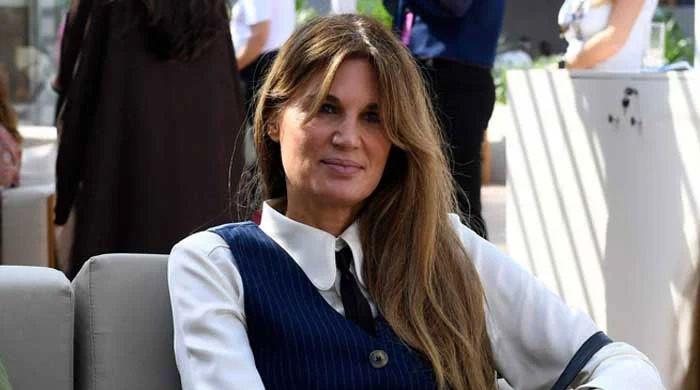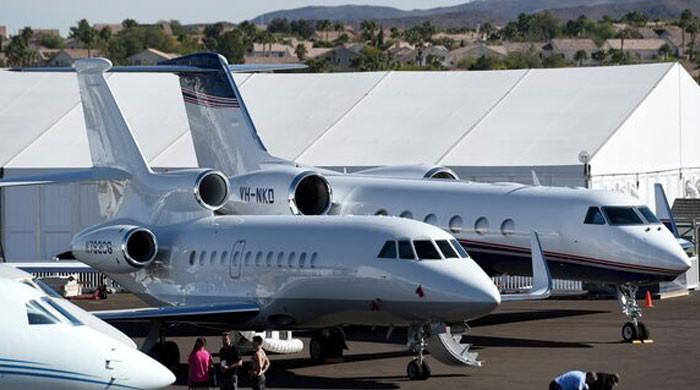Saudi Arabia, Israel ‘are long way from normalisation’: US President Biden
US President Biden says two-state solution is the correct path forward in Israel-Palestine conflict
July 09, 2023
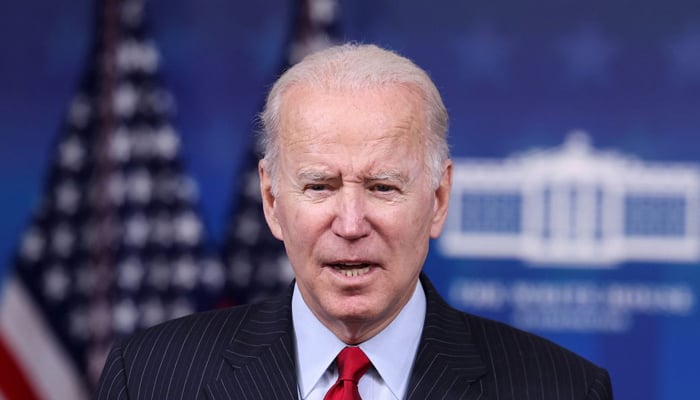
- "We're a long way from there. We got a lot to talk about."
- Biden says US policies are making progress in Middle East.
- Criticises members of Netanyahu’s cabinet for their views on Israeli settlements.
US President Joe Biden has ruled out the possibility of an imminent agreement between Israel and Saudi Arabia for the normalisation of ties between the two countries.
In an interview with CNN on Sunday, Biden said Tel Aviv and Riyadh “are a long way from a normalisation agreement” that would involve a defence treaty and a civilian nuclear programme from the United States
"We're a long way from there. We got a lot to talk about," Biden told CNN’s Fareed Zakaria.
Saudi Arabia, the world's largest oil exporter, is a close partner of the United States but it has repeatedly refused to normalise ties with US-ally Israel due to its occupation of Palestinian territories.
The US-brokered Abraham Accords in 2020 saw the kingdom's neighbours — the United Arab Emirates and Bahrain — establishing full diplomatic ties with Israel.
Israel's energy minister expressed opposition last month to the idea of Saudi Arabia developing a civilian nuclear programme as part of any US-mediated forging of relations between the countries.
Biden also highlighted Saudi Arabia's decision ahead of his visit to the kingdom last summer to open its airspace to all air carriers, paving the way for more overflights to and from Israel.
"So, we're making progress in the region. And it depends upon the conduct and what is asked of us for them to recognise Israel," Biden said in the interview.
"Quite frankly, I don't think they have much of a problem with Israel. And whether or not we would provide a means by which they could have civilian nuclear power and/or be a guarantor of their security, that's - I think that's a little way off."
Responding to a question related to extending an invitation to Israeli Prime Minister Benjamin Netanyahu to the White House, Biden said that Israel’s President Isaac Herzog is “coming soon to the White House for a visit”.
Speaking about the Israel-Palestine conflict, Biden said he believed a two-state solution is the correct path forward in the conflict and criticised some members of Netanyahu’s cabinet for their views on Israeli settlements in the West Bank.
“It’s not all Israel now in the West Bank, all Israel’s problem, but they are a part of the problem, and particularly those individuals in the cabinet who say, ‘We can settle anywhere we want. They have no right to be here, etc.,’” Biden said. “And I think we were talking with them regularly, trying to tamp down what’s going on and hopefully, Bibi will continue to move toward moderation and change.”




